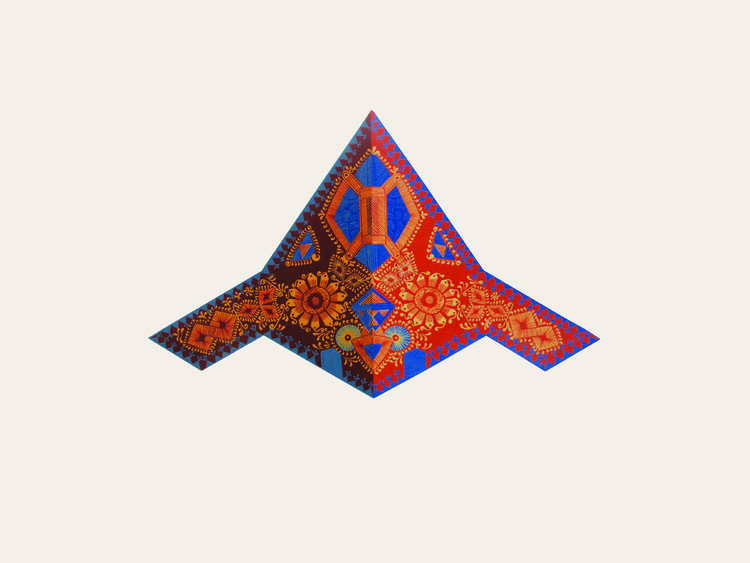Researchers from the UNSW Media Futures Hub (MFH) feature in a variety of public online events to be held as part of the Social Sciences Week 2021 (SSW2021).
Media Futures Hub is a collection of scholars in the Faculty of Art, Design & Architecture at UNSW researching justice, media and emerging technologies. Social Sciences Week is a week-long series of events held across Australia each September offering insight into the impact of the social sciences on our lives. It is an initiative of several of Australia’s Social Sciences associations and is coordinated by the Academy of the Social Sciences in Australia.
Details of events featuring Media Futures Hub researchers are below:
Tuesday 7 September
VIRTUAL PANEL The Future of Justice
In this digital event join author/filmmaker, Media Future Hub’s Mary Zournazi, philosopher Michael Sandel and theologian Rowan Williams to explore what concepts like gratitude and grace mean for us as individuals and societies, and how humility and love may serve us in our relationships with each other. Instead of separating secular and theological approaches, what ideas can we bring together to chart a course for the common good and a more just world?
Further details and registration link here: https://www.centreforideas.com/event/the-future-of-justice
Wednesday 8 September
VIRTUAL PANEL Emotion Inequality in Pandemic Australia
This webinar will map the emotional contours and costs of COVID-19, including various forms of suffering and solidarity, as well as the impacts of government efforts to contain the virus. Media Futures Hub Co-Director Michael Richardson will be speaking on surveillance strategies and over policing of the general public in pandemic Australia. Panellists include: Michelle Peterie, Lea Williams Veazey, Barbara Barbosa Neves, Cameron Parsell, Sukhmani Khorana and Gaby Ramia.
Further details and registration link here: https://www.eventbrite.com.au/e/emotion-inequality-in-pandemic-australia-tickets-165377625931
Friday 10 September
VIRTUAL PANEL Critical Race Theory: Transforming Knowledge in the Australian Social Sciences and Humanities
This virtual panel features leading Australian critical race scholars including, Aileen Moreton-Robinson, Debbie Bargallie, Alana Lentin, Andrew Brooks of the Media Futures Hub and Sherene Idriss. Critical Race Theory (CRT) has had high profile media attention in both the US and Australia this year, with Sky News, the Daily Telegraph and the Australian echoing calls from the US to ‘ban’ CRT. The Senate passed a motion to ‘reject’ CRT in the national curriculum. Beyond this moral panic, Australian social science and humanities scholars are yet to fully grapple with how critical race perspectives potentially challenge and transform disciplinary and interdisciplinary knowledges in a settler colonial context.
Further details and registration link here: https://socialsciences.org.au/socialsciencesweek/event/critical-race-theory-transforming-knowledge-in-the-australian-social-sciences-and-humanities/
PODCAST SPECIAL: Ask a Social Scientist - Politics of Listening with Tanja Dreher
In this Social Science Week podcast Media Futures Hub Co-Director Tanja Dreher discusses the recent ‘turn to listening’ in media studies, cultural studies and political theory. Listening is increasingly understood: as a political practice; as a critical frame; as an alternative politics; and as a contribution to justice and/or as an ethics of relation. The discussion focuses on settler responsibilities to listen in the context of First Nations sovereignties. The ‘Ask a Social Scientist’ podcast series is hosted by UNSW’s Siobhan O’Sullivan and features 10 academics from UNSW Arts, Design & Architecture.








